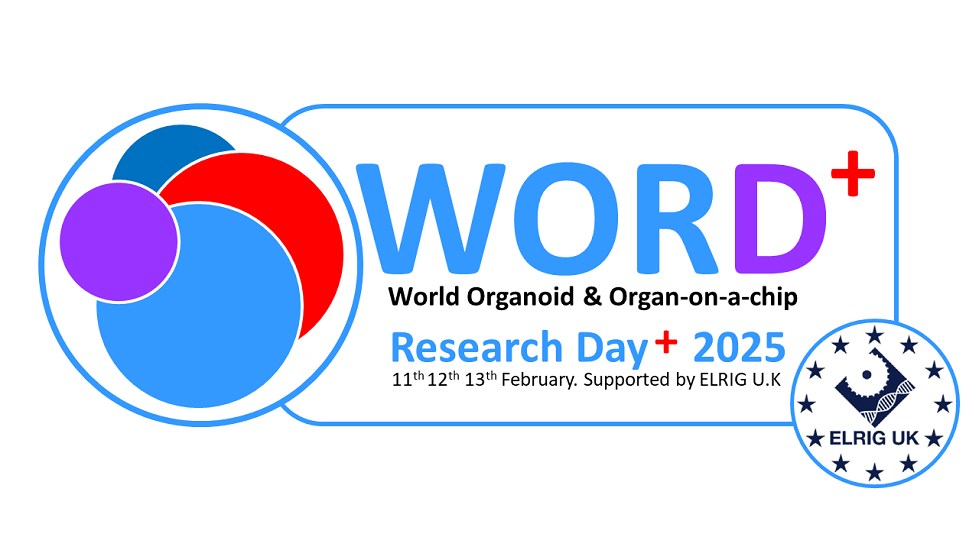Authors
P Ashrafzadeh1; Y Abbas1; H Sze1; T Kostrzewski1; E Boazak2; A Spreen2; W Thelin2;
1 CN Bio, UK; 2 Altis Biosystems, UK
Overview
Traditional immortalized intestinal cell lines and suspension hepatocytes
have absent or low levels of metabolic enzyme expression, and thus fail to
predict first pass human metabolism and oral bioavailability.
Introduction
Efforts to improve the in vitro to in vivo translation of drug efficacy and safety
data has led to the emergence of more human relevant microphysiological
systems (MPS) that consist of multiple, fluidically linked organs1. Here we
describe a new MPS that links the jejunum (RepliGut® planar - jejunum) and
liver using the PhysioMimix® Multi-organ System, with both cell types being
of primary human origin.
Methods
The gut-liver MPS is established using the PhysioMimix® Multi-organ System and Dualorgan plate
• Liver microtissues are formed by seeding primary human hepatocytes (PHH) on a 3D collagen coated scaffold
• For the intestinal barrier, jejunum crypt epithelial stem cells were expanded and differentiated on a biomimetic scaffold, in static conditions
• 4 days post PHH seeding, RepliGut® is added into the gut compartments of Dual-organ plates and fluidically connected to the liver compartment
Results
Details are on PDF of poster.
Conclusion
The gut-liver MPS recapitulates the physiological conditions of oral drug
dosing in the human (Figure 3-5). Made up entirely of primary human
cells, this model enables for more predictive ADME and bioavailability
studies compared to standard in vitro models (Figure 7).
This human relevant gut-liver model offers a vast improvement in the
methods used to study the pharmacokinetics of prodrugs that undergo
CES metabolism, such as temocapril (Figure 6).

